
US sanctions pull plug on Citgo Aruba project


PdV's US refining unit Citgo can still use the storage terminal, however, so long as the crude does not belong to PdV. Citgo signed a 15-year lease for Valero´s former 235,000 b/d refinery and terminal in 2016 with a plan to transform the refinery into a heavy crude upgrader.
The upgrader project had already been lagging timelines and funding targets, causing considerable frustration in the government of the tiny island that is better known for its beaches than its refinery.
Citgo Aruba today laid off 100 of around 250 contract employees in the project, because the sanctions prohibit funding of parent company Citgo Aruba Holding, according to a source close to the island´s government.
If by the end of March the funding is still blocked, the Citgo refinery and terminal units will need to reduce their workforce from 142 to 85 people, and the number of contracted employees will fall from 120 to 70, according to an internal memorandum obtained by Argus.
Phase 2 of the project, involving detailed inspection of the aging infrastructure, got underway in September 2018 and is now stopped. The final refurbishment phase was supposed to kick off in the second quarter of 2019.
Before the US imposed the oil sanctions on 28 January, Citgo had been regularly using Aruba as a terminal, routinely unloading Venezuelan diluted crude oil (DCO) and other grades into storage tanks to allow it to settle and drain out excess water before reloading it for export to the US and Asia. But PdV´s crude production and exports are falling in response to the sanctions, which have effectively cut off the US market and are discouraging some non-US buyers to look elsewhere.
The US sanctions are aimed at unseating Nicolas Maduro, whom the US, Canada and most EU and Latin American countries no longer recognize as president. The emerging administration of self-proclaimed acting president Juan Guaidó yesterday named a new board of Citgo in a bid to block the asset´s takeover from Venezuela´s multiple creditors.


Caterpillar sees US tariff hit of up to $1.5 billion this year

Australia pledges $87M to rescue Trafigura’s Nyrstar smelters in critical minerals push

SAIL Bhilai Steel relies on Danieli proprietary technology to expand plate mill portfolio to higher steel grades

Alba Discloses its Financial Results for the Second Quarter and H1 of 2025
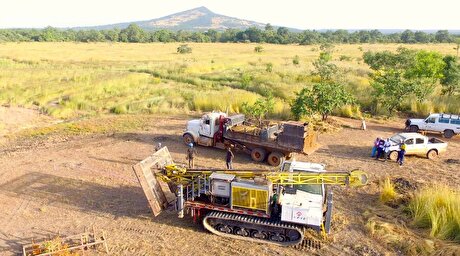
Fortuna rises on improved resource estimate for Senegal gold project
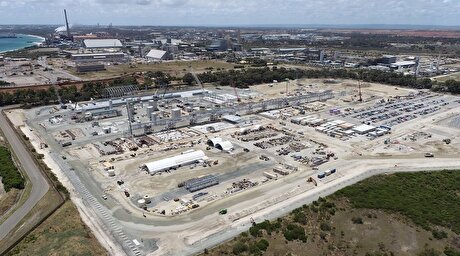
Tianqi Lithium Australia JV says it is prioritizing long-term viability of refinery

Fresnillo lifts gold forecast on strong first-half surge

Copper price slips as unwinding of tariff trade boosts LME stockpiles

Why did copper escape US tariffs when aluminum did not?
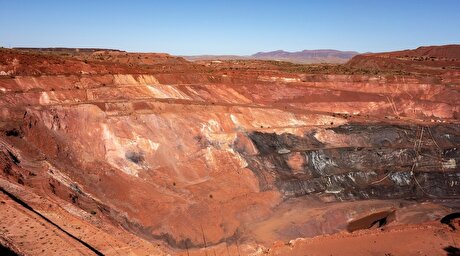
New research reveals source of world’s richest lithium deposits

Century Aluminum to invest $50M in Mt. Holly smelter restart in South Carolina
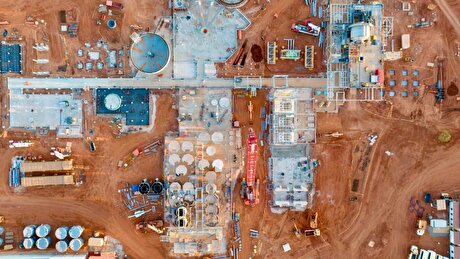
Australia to invest $33 million to boost Liontown’s Kathleen lithium operations
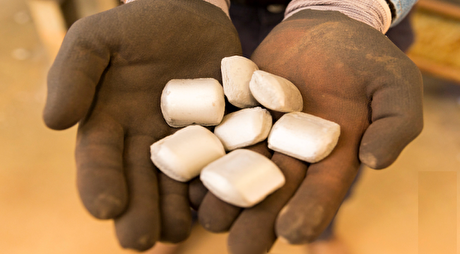
Glencore warns of cobalt surplus amid DRC export ban
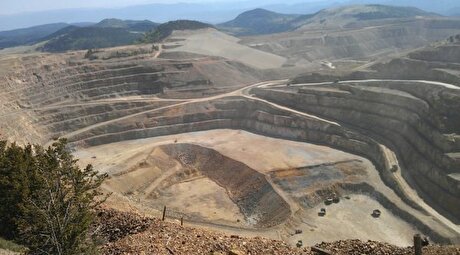
SSR Mining soars on Q2 earnings beat
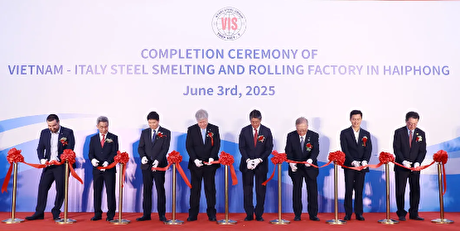
A Danieli greenfield project for competitive, quality rebar production

China limits supply of critical minerals to US defense sector: WSJ
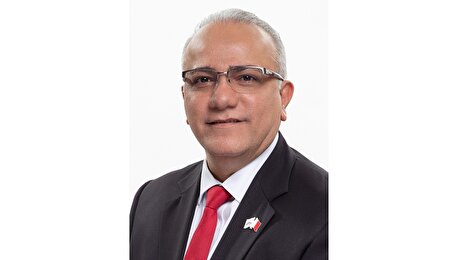
Alba Hits 38 Million Safe Working Hours Without LTI
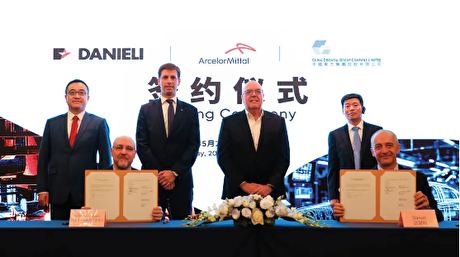
Advanced cold-rolled strip for China’s New Energy Vehicle market

Codelco seeks restart at Chilean copper mine after collapse

Century Aluminum to invest $50M in Mt. Holly smelter restart in South Carolina

Australia to invest $33 million to boost Liontown’s Kathleen lithium operations

Glencore warns of cobalt surplus amid DRC export ban

SSR Mining soars on Q2 earnings beat

A Danieli greenfield project for competitive, quality rebar production

China limits supply of critical minerals to US defense sector: WSJ

Alba Hits 38 Million Safe Working Hours Without LTI

Advanced cold-rolled strip for China’s New Energy Vehicle market

Codelco seeks restart at Chilean copper mine after collapse














